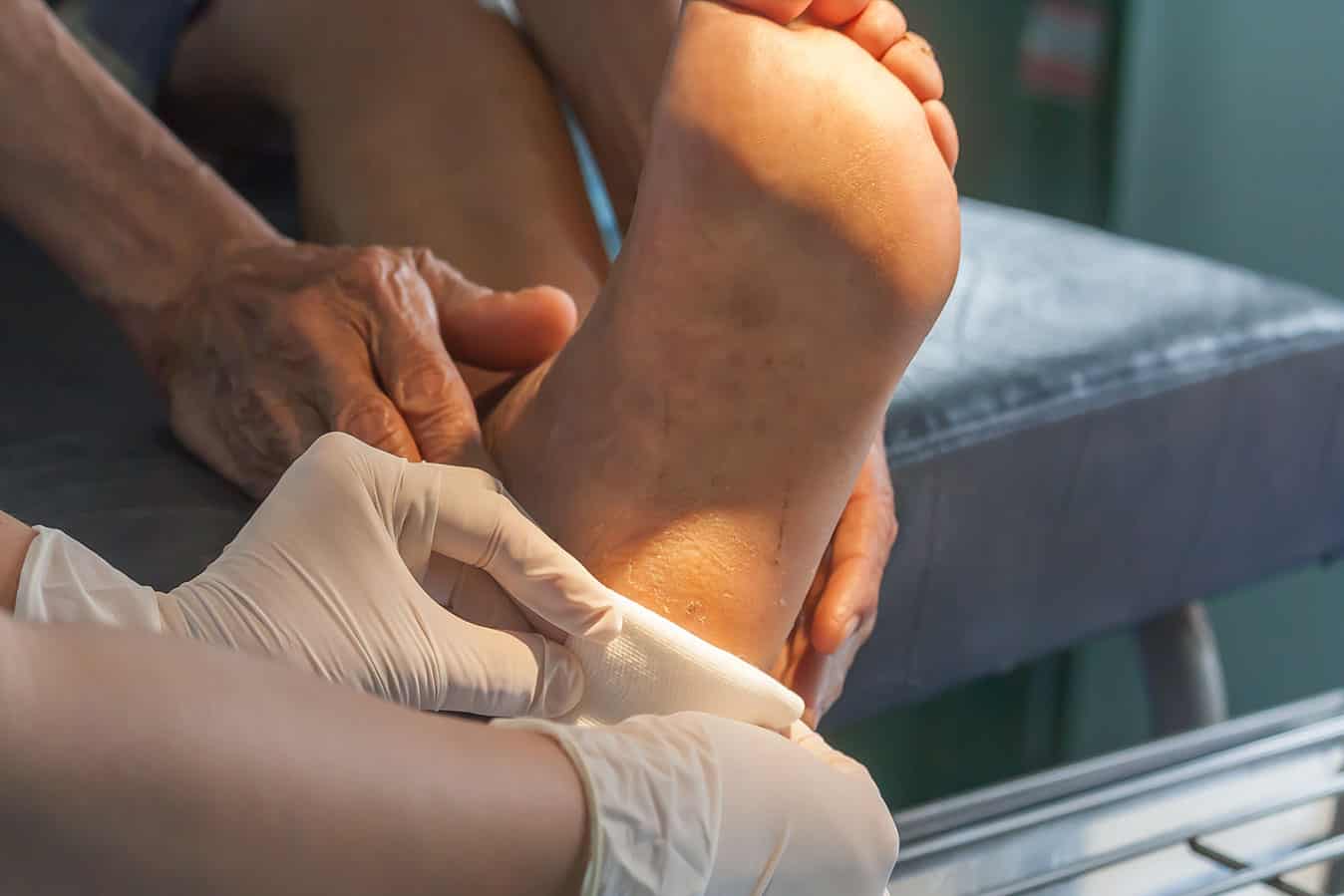The peak body aiming to advance wound care management in Australia is urging nurses to seek evidence-based training to deal with a ‘hidden affliction’ of chronic wound cases during this year’s Wound Awareness Week.
Wound Awareness Week, which seeks to highlight the prevalence of chronic wounds across Australia, commenced today and runs until 21 July.
This year’s theme is titled ‘Talk About Wounds’ and Wounds Australia is encouraging people to begin a conversation with their health professional about problematic wounds.
The same applies to nurses, who are being asked to help their patients understand wound warning signs, if they are at risk, and what action they should take when they have a chronic wound.
Chronic wounds are common, with about half a million people suffering from a chronic wound, costing the health system $3 billion annually.
People over 65 are more susceptible to chronic wounds and warning signs include pain, fluid, smell, and a wound that takes over 30 days to heal.
Although they can be healed, chronic wounds often go untreated, sometimes for years, because many people do not access the medical treatment required.
Nurses are a major focus of this year’s awareness drive and are being called on to build their expertise in wound management by accessing continuing professional development opportunities available from Wounds Australia.
Wounds Australia CEO Anne Buck said nurses were best positioned to tackle the serious health issue and safeguard the nation’s ageing population.
“Nurses are well placed to identify and educate patients at risk of chronic wounds,” Ms Buck said.
“It is important that they are able to deliver best practice wound care to their patients.”
Activities taking place across Wound Awareness Week include the release of a series of videos via social media to highlight Venous Leg Ulcers, Diabetic Wounds, and Pressure Injuries.
Wounds Australia members have also been encouraged to hold local events spreading awareness about wounds, while more than 2,500 promotional kits were distributed to hospitals, pharmacies, aged care facilities and GP practices.
Ms Buck urged nurses to build their wound care skills with evidence-based education.
“One of the key barriers we’ve seen for all healthcare professionals – from GPs and nurses to Indigenous health workers and pharmacists – is a lack of ongoing wound care education. With continual development of their skills, patients will receive the best care, and they will reduce the impact that chronic wounds are having on the population.”
For more information visit www.woundaware.com.au








